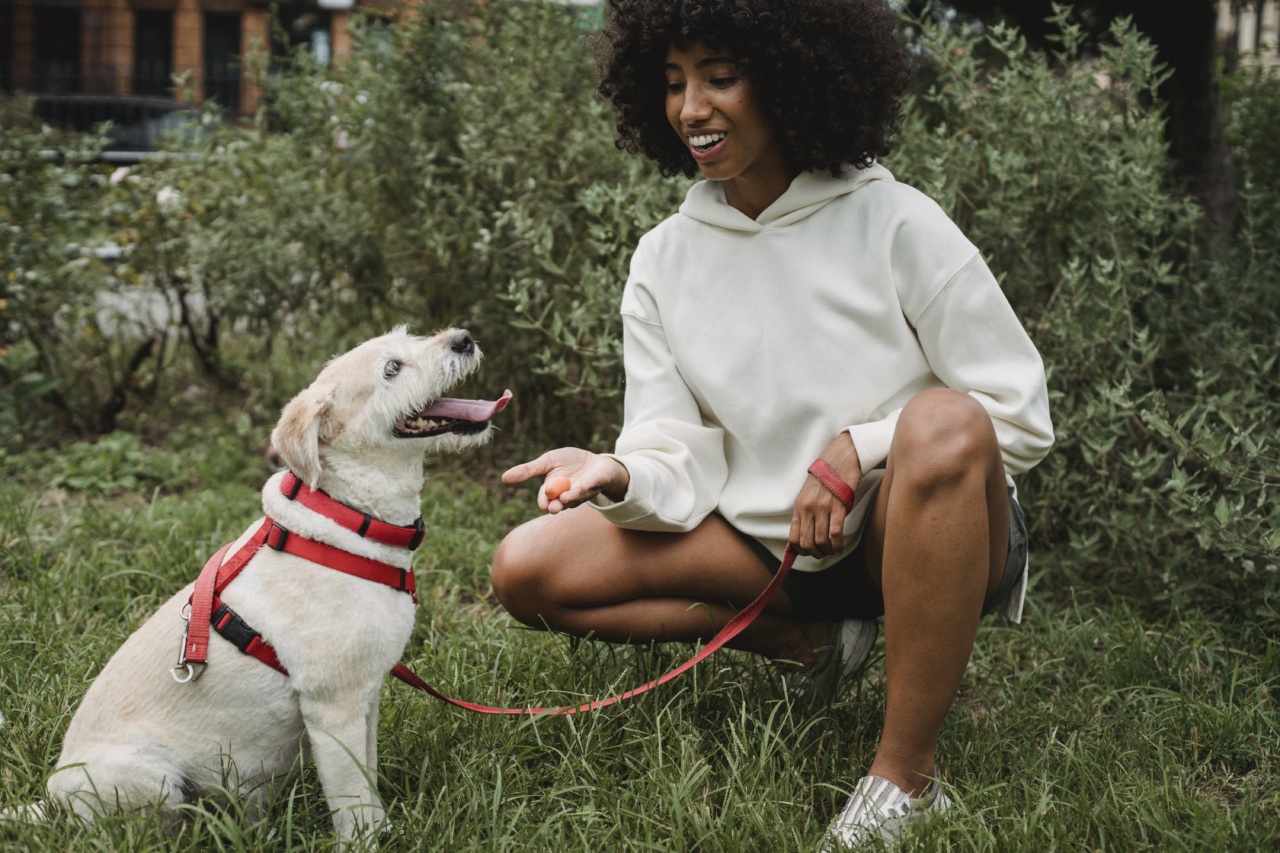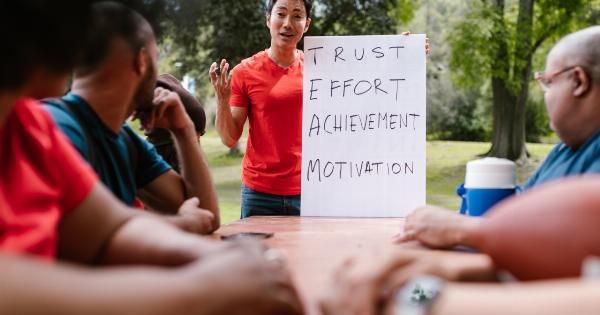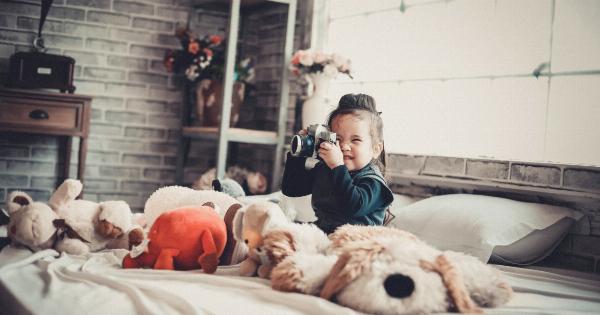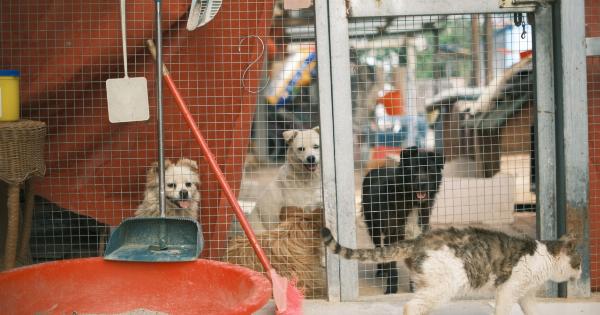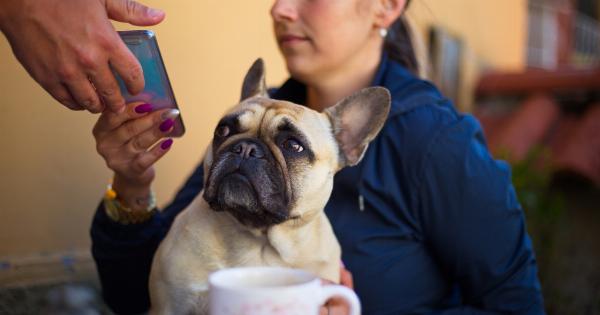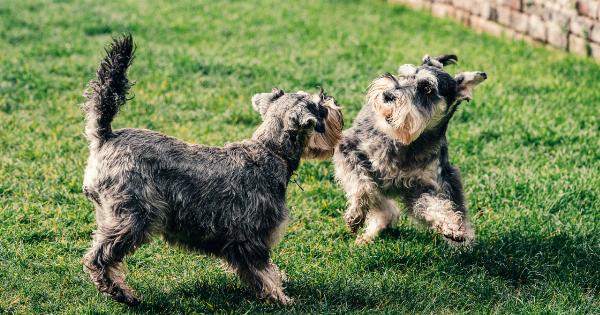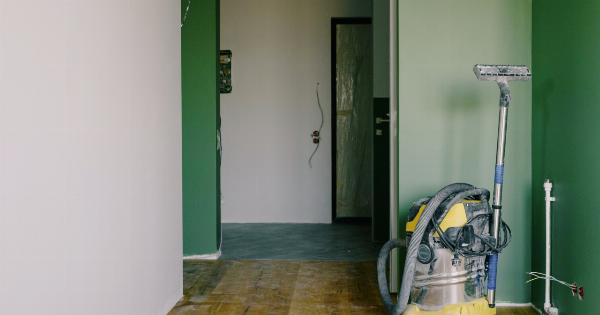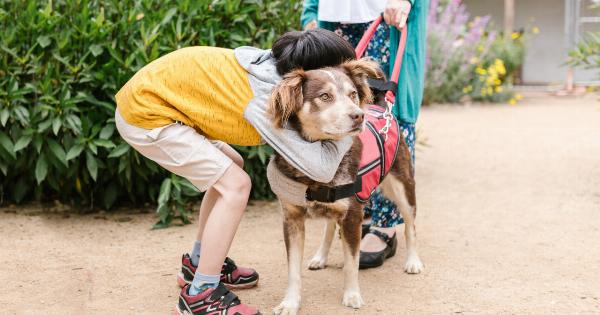As a puppy parent, you want your fur baby to be happy, healthy, and well-behaved. One of the essential aspects of raising a well-rounded dog is socialization.
It involves exposing your puppy to various people, sights, sounds, and situations to develop social skills and confidence. Adequate socialization can help your pup develop better behavior, become friendlier, and avoid anxiety and aggression. Here’s everything you need to know about socializing your puppy.
What is Socialization?
Socialization is the process of exposing your puppy to different environments, sounds, smells, and experiences to help them cope better with the world around them.
It involves introducing them to various people, including children, adults, and seniors, other animals, including dogs, cats, and livestock, as well as sights and sounds, such as traffic noise, crowds, and loud music. The aim is to expose your pup to a wide range of stimuli to help them become well-adjusted, confident, and responsive adults.
Why is socialization crucial?
Socialization is essential for a puppy’s cognitive, emotional, and physical development. It encourages positive behavior, helps them manage stress and anxiety and prevents behavior problems.
Socialization teaches your pup valuable communication skills that enable them to interact with people, other animals, and their environment appropriately. It also helps to prepare your puppy for new experiences and changes in their lives, such as different living situations, travel, and veterinary visits.
When should you socialize your puppy?
The critical period for socialization in dogs is between 3-16 weeks of age. During this period, puppies are most receptive to new experiences and stimuli and can learn to accept them positively.
After this period, it’s still possible to socialize your puppy, but it may take more time and effort and may not be as effective. It’s important to note that socialization is an ongoing process that should continue throughout your puppy’s life to reinforce positive behavior.
How can you socialize your puppy?
There are several ways to socialize your puppy, including:.
Enroll in Puppy Classes
Puppy classes are an excellent way to socialize your pup with other dogs and humans. It also teaches them basic obedience commands and proper behavior. Look for a reputable and experienced trainer who specializes in puppy socialization.
Exposure to Different Environments
Taking your pup on walks in new areas, including urban environments, parks, and less familiar surroundings, can expose them to new smells, sounds, and people. Ensure you monitor your puppy’s behavior and reactions to avoid overwhelming them.
Introduce New Sounds and Smells
Expose your puppy to new sounds and smells regularly, including household appliances, traffic, crowds, and animals. Introduce new smells and textures, like different types of surfaces or objects, to familiarize your pup with their world.
Positive Reinforcement
Encourage socialization by rewarding your puppy for good behavior with treats, praise, and playtime. Positive reinforcement is a powerful tool in shaping your pup’s behavior and helps them associate positive experiences with social situations.
Conclusion
Socialization is an essential aspect of raising a happy and well-adjusted puppy. It provides critical exposure to different stimuli that help your pup become confident, responsive, and well-behaved dogs.
The earlier you start socializing your puppy, the more effective it will be in forming positive behavior. Keep in mind that socialization is an ongoing process that should continue throughout your puppy’s life. By following these tips, you can give your puppy the best chance of developing into a well-balanced and happy adult dog.
